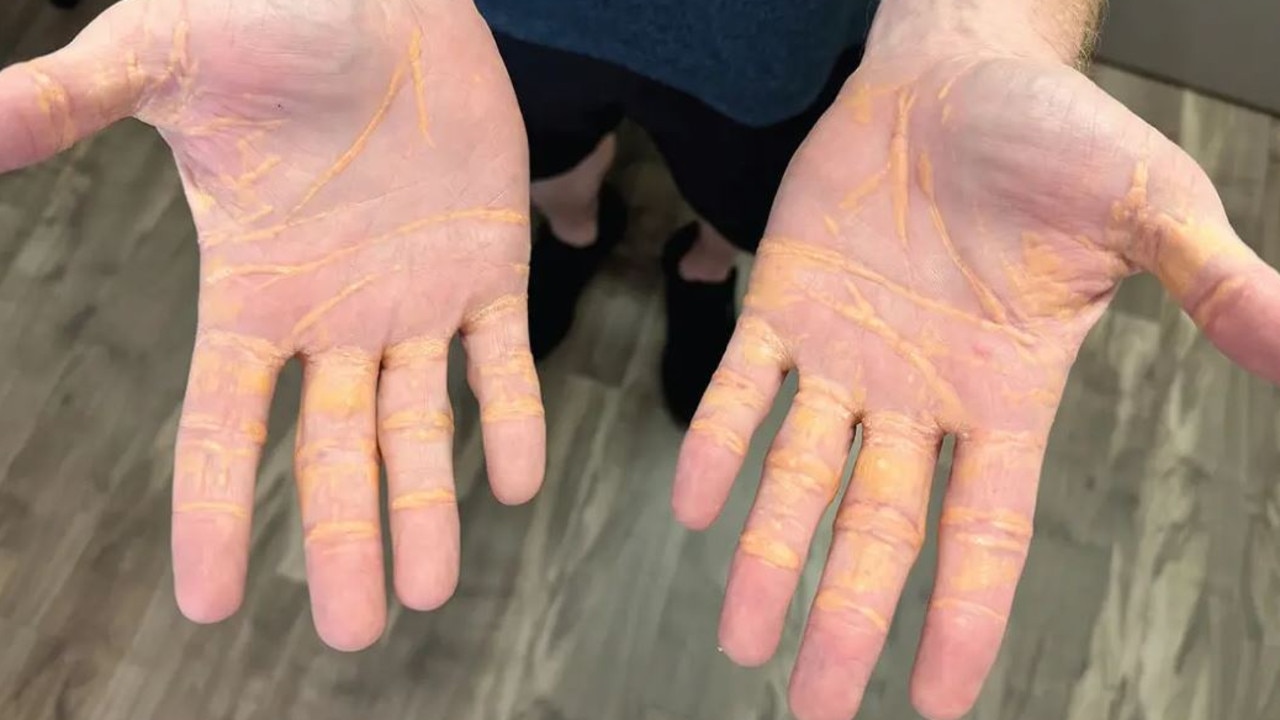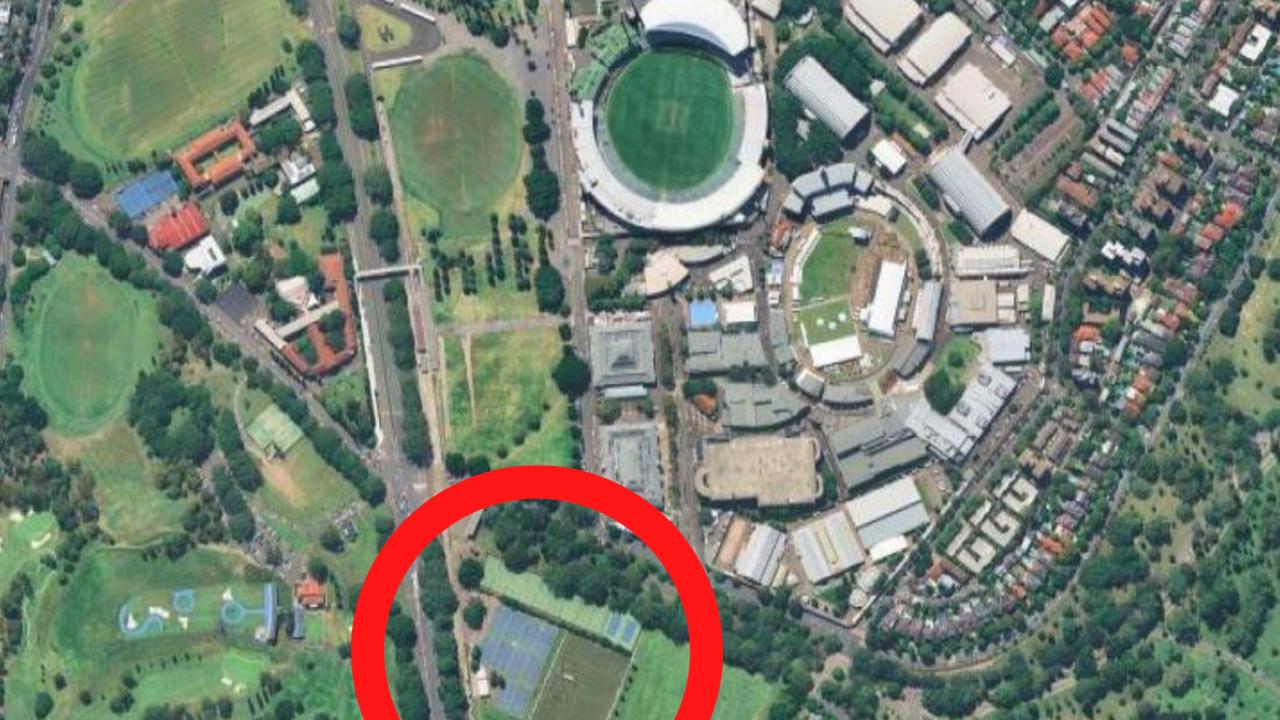Almost half of Australians are not getting enough sleep
A worryingly high number of Australians risking serious health problems from not getting enough sleep, experts warn.
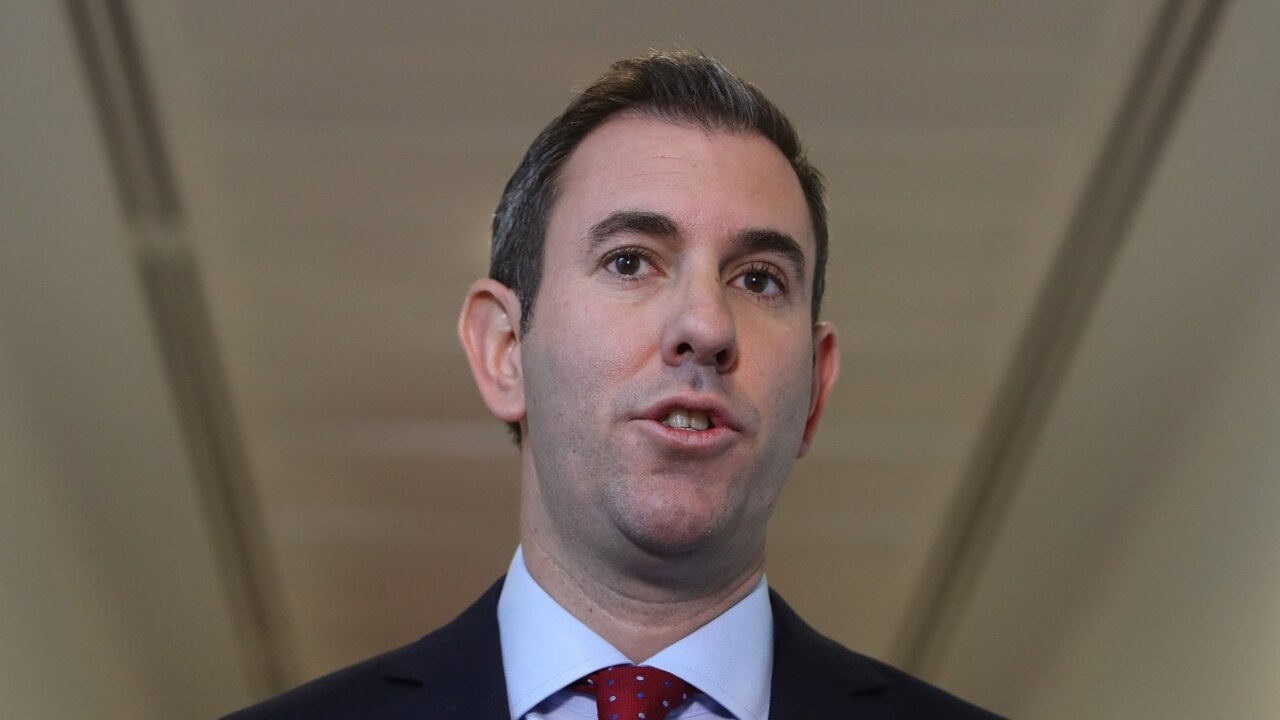
Health
Don't miss out on the headlines from Health. Followed categories will be added to My News.
Australians have a sleep crisis on their hands, with almost half of us not getting enough sleep, according to experts.
The latest data from the Sleep Health Foundation, Australia’s leading advocate for healthy sleep, shows four in 10 Australians are not getting enough sleep on a daily or weekly basis.
Sleep deprivation may sound less threatening than other potential health complications, but as the foundation reports, its effects are serious.
“Sleep is a fundamental biological need which is essential for recuperation, memory consolidation, performance, learning and emotional wellbeing,” it says in the 2019-20 Sleep Health Foundation’s Addressing Inadequate Sleep in the Australian Community report.
“Inadequate sleep, in all its forms, has detrimental impacts on physical and mental health, daytime alertness, mood, work performance and accident risk.”
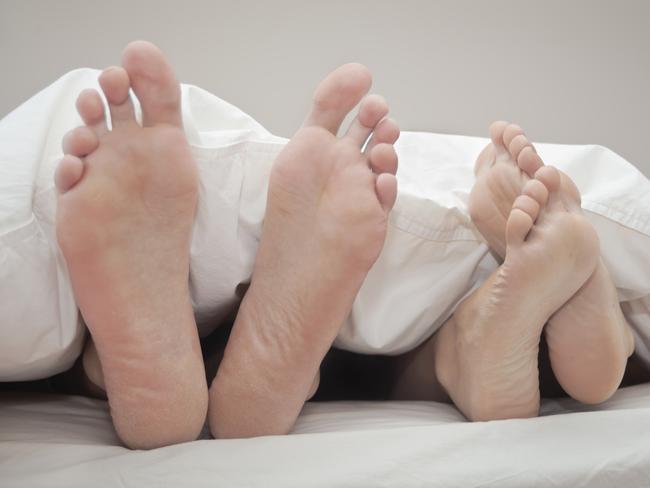

A lack of sleep can cause cognitive impairment, poor immune function, muscle aches and even impaired moral judgement, as well as increase the risk of type II diabetes and heart disease.
A. H. Beard’s Sleep Wellness Centre manager Rachel Beard told news.com.au sleep is highly personal, as are the issues that can affect an individual’s quality of sleep.
For instance, studies show females need an extra 20 minutes of sleep compared to their male counterparts, which is directly linked to their menstrual cycles, she said.
“When you look at the symptoms of PMS and you also look at the symptoms of poor sleep, they are very similar,” she said.
Ms Beard said women need to prioritise this extra 20 minutes of sleep in their routines, to ensure they are achieving an adequate amount of sleep.
Whether you sleep with a partner, are a hot or cold sleeper, or you sleep on your side or your back, these factors greatly affect your choice of mattress and everything else you sleep with, from pillows to sheets.

Choosing the right mattress to sleep on is arguably the foundational decision to ensure you get a good night’s sleep, Ms Beard said.
There are six key things to consider when choosing a mattress that meets your needs and preferences.
“Partner disturbance, temperature regulation, comfort, support, asthma symptoms, and ‘it feels just right’, are six things to consider,” she said.
For those who are prone to tossing and turning before eventually drifting off to sleep, Ms Beard said this is a strong indicator your mattress is not providing you with the right level of comfort and support.
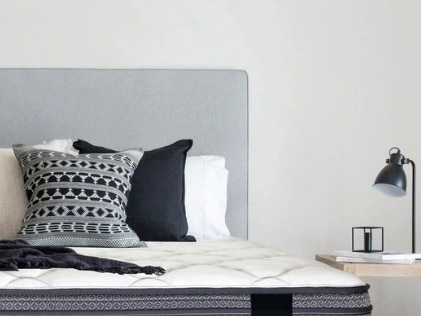
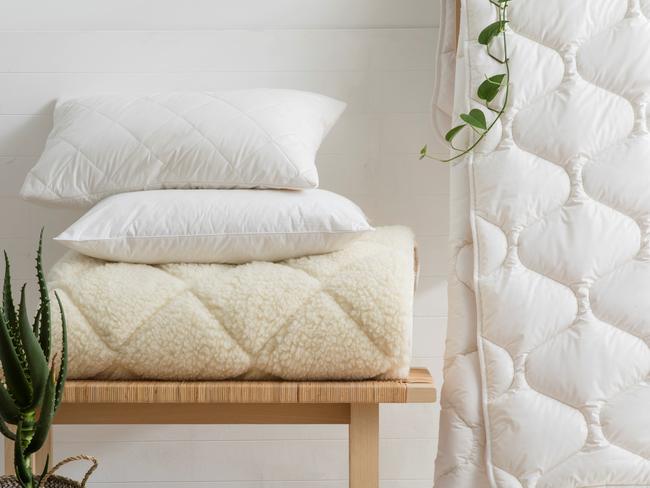
“The fact that you’re tossing and turning tells me that it’s the mattress you have probably isn’t the right comfort and definitely not the right support,” she said.
“If I was helping you choose a new bed, what I would tell you is latex is an incredible comfort component, that is antimicrobial hypo-allergenic.
“It relieves pressure, which is what helps to minimise tossing and turning.
“So what it does is it kind of absorbs areas like your hips and your shoulders absorbing it into the mattress to help conform to those parts of your body, so that you’re less likely to toss and turn or wake up throughout the night.
“It’s also derived from the latex tree, so it’s a natural comfort component.”
When choosing a new mattress, Ms Beard recommends going into a store and actually trying the mattress out before buying it.
“Comfort is so subjective, so the only real way to narrow it down is to go and lay on some,” she said.
Don’t jump on the mattress though, which Ms Beard says industry people jokingly refer to as “the monkey test,” saying, “that is not how you use a mattress, so why test it in that way.
“If you invest in a good mattress, it will give back to you.”
Originally published as Almost half of Australians are not getting enough sleep



